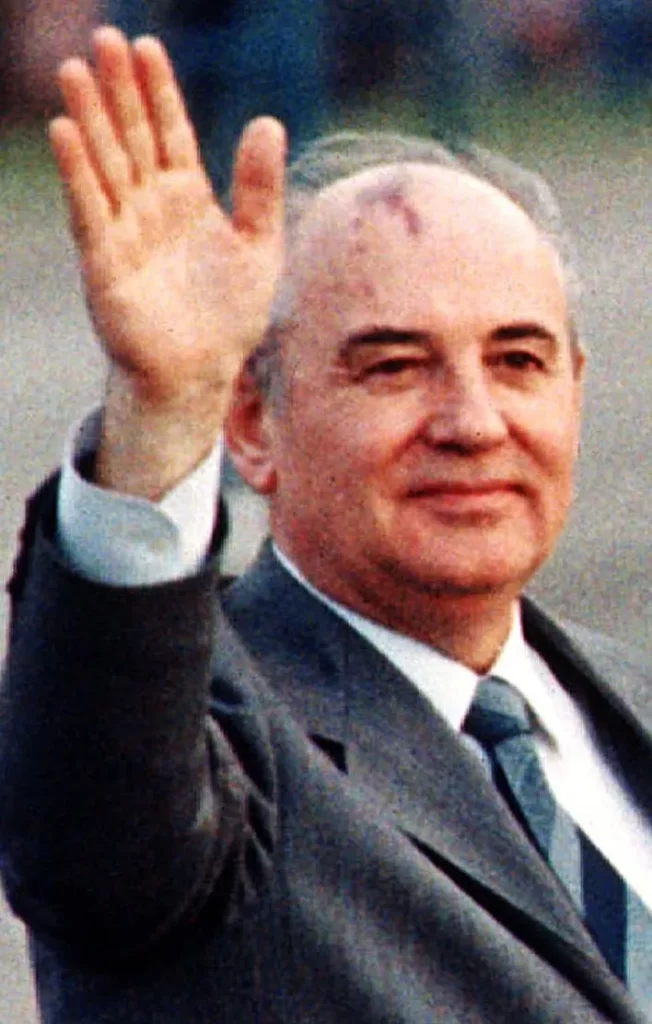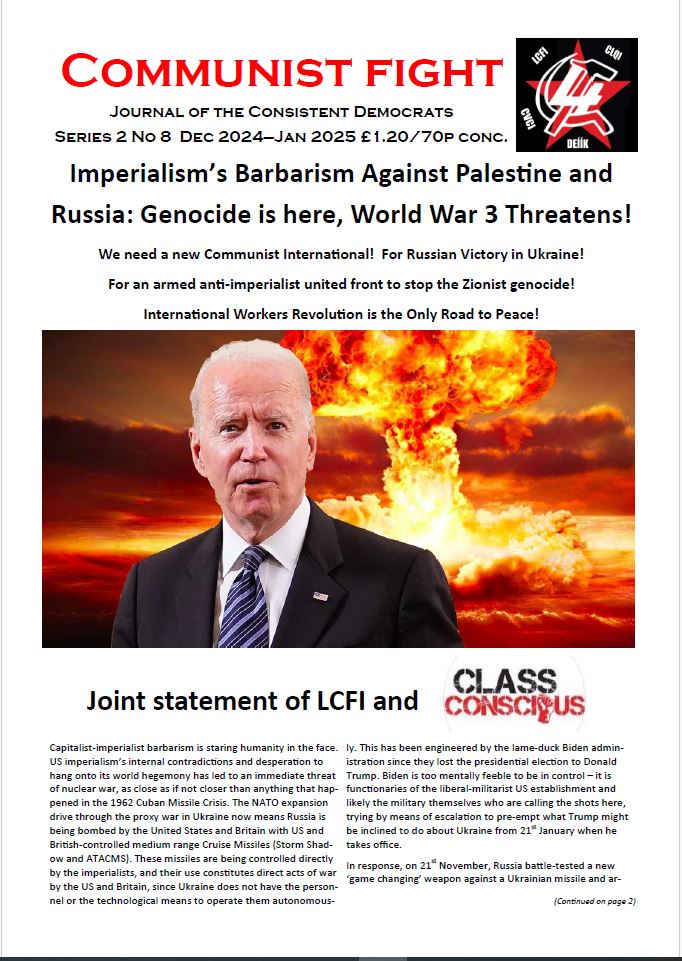
Mikhail Gorbachev died on 30th August aged 91. The architect of glasnost (openness) and perestroika (reconstruction), his ‘reforms’ to the regime created by the political counterrevolution in Soviet Russia/USSR in the early 1920s, finally brought about the downfall of the first workers state after more than six decades of the political monopoly of a privileged, new kind of labour bureaucracy. This bureaucracy had stymied the world revolution and decades later led to the growth of a layer of youthful middle class and aspiring bourgeois from in and around the bureaucracy. This provided the social base for the political liberalisation of glasnost, seemingly in tune with working class interests in freedom of political debate within the workers’ state. But this was part of a programme of ‘market socialism’ that undermined economic planning, leading a rapid decline in living standards of the working class.
This demoralised the pro-socialist elements that initially rallied to Gorbachev, and instead led to the increasing ascendancy of neoliberal ideologues and frankly agents of Western imperialism, who consolidated around Boris Yeltsin as the more consistent expression of what was implicit in perestroika – the return to capitalism. Gorbachev’s conciliation of Western imperialism led to agreements with the US that proved to be chimerical – from the 1987 INF Treaty to limit short-range nuclear missiles in the European theatre, which was torn up by the supposedly Russia-friendly Trump in 2018, to the verbal agreement with James Baker, US Secretary of State, that NATO would not extend ‘one inch’ to the East in response to Gorbachev not vetoing German reunification. Which was torn up by the Clinton administration in 1997, which in turn laid the basis for the aggressive expansion of NATO and the current NATO-provoked conflict in Ukraine.
There is little doubt that Gorbachev started out as a genuine liberal Stalinist, motivated to a considerable degree by disgust at the stifling of political and intellectual life at the hands of the bureaucratic regime that he had been trained by, and inherited. But he had no political answer, as did the bureaucracy generally. His complete failure to embrace anything other than illusory capitalist forms of so-called ‘democracy’ led to disasters and impoverishment of many in Eastern Europe and the USSR, particularly in the early to mid-1990s, when Russia suffered what can only have been millions of deaths from malnutrition and suicidal economic-induced despair, the human counterpart of an collapse of living standards that led to a 5 year fall in life expectancy in what was the USSR. Only under Stalin’s forced collectivisation disaster had there been a comparably large fall in life expectancy in peacetime. This was under Yeltsin, who seized power in Russia after the August 1991 coup attempt finally gave him the opportunity to dismantle the USSR. Yeltsin expressed Gorbachev’s marketisation programme more consistently that Gorbachev himself, which ironically led to a similar disaster for Russian workers than happened to sections of the population under Stalin. Reflecting the fact that counterrevolution was and is a barbaric programme. The greatest indictment of Gorbachev was that he became that midwife of that barbaric programme, and indeed of some of the greatest defeats for the working class in the 20th Century, whose consequences could prove to be grave to humanity. We Marxists are fighting against those consequences today.

